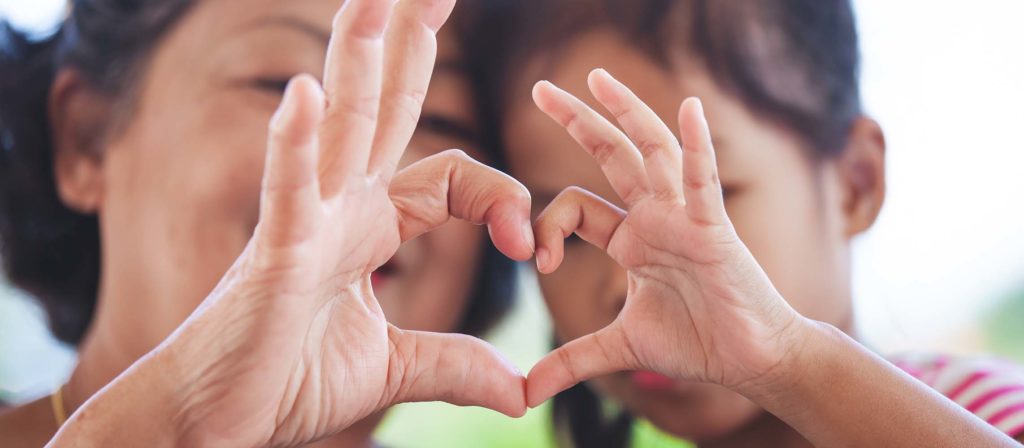Other Factors
Treatment concerns
AAPIs are the least likely to seek care out of any racial/ethnic group. Only 23.3 percent of AAPI adults with a mental illness received treatment in 2019. This is in part because of the stigma surrounding mental health conditions.
According to SAMHSA, AAPIs are the most likely of all ethnic groups to report shame and stigma as reasons for not receiving mental health treatment.
Additionally, language barriers can be a challenge for AAPIs. Data shows 32.6 percent of AAPI individuals are not fluent in English.
Trauma
AAPIs and first-generation immigrants from regions affected by conflict may experience trauma. For example, Southeast Asian refugees are likely to receive a diagnosis with PTSD relating to their experiences with immigration. A study reported 70 percent of Southeast Asian refugees receiving mental health treatment were diagnosed with PTSD.
Asian Americans also face harassment and stereotypes rooted in racism, such as the “perpetual foreigner” stereotype, which labels them as outsiders who will never be truly American. Asian Americans also feel external and familial pressure to conform to the myth of the “model minority:” the idea that Asian Americans are unilaterally successful and well-adjusted because they are quiet, submissive, and hard-working. This stereotype was manufactured during the civil rights movement to weaponize Asian Americans against Black Americans and contributes to the stigma against seeking mental healthcare.
In addition to the trauma and stereotypes, AAPIs face racial discrimination, harassment, and violence which negatively affect mental health.

Quick Facts
- Roughly 2.7 million people who identify as Asian American/Pacific Islander have a mental and/or substance use disorder. (SAMHSA)
- Asian Americans, alone, report fewer mental health conditions when compared with non-Hispanic whites and other racial and ethnic groups. Hawaiian/Pacific Islander adults report similar rates of mental illness as compared with non-Hispanic whites. (U.S. Department of Health and Human Services)
- Trauma also has an outsized impact on diverse populations. For example, Southeast Asian refugees are likely to receive a diagnosis with PTSD relating to their experiences with immigration. A study reported 70% of Southeast Asian refugees receiving mental health treatment were diagnosed with PTSD. (U.S. Department of Health and Human Services)
- Asian American/Pacific Islanders are least likely to seek mental health services than any other racial/ethnic group. They are also three times less likely to access mental health services than their white counterparts. (Urban Institute, Health Policy. (2019) Fighting the Stigma: Mental Health among Asian Americans and Pacific Islanders)
- About one out of three asylum-seekers and refugees experience high rates of depression, anxiety, and post-traumatic stress disorders (PTSD). (Turrini, G., Purgato, M., Ballette, F., Nose, M., Ostuzzi, G. & Barbui, C. (2017). Common mental disorders in asylum seekers and refugees: umbrella review of prevalence and intervention studies. International Journal of Mental Health Systems.)
Resources
DBSA Support Groups
DBSA support groups give people living with depression and bipolar disorder a safe, welcoming place to share experiences, discuss coping skills, and offer each other hope.
Education
People who live with mood disorders can more readily achieve wellness when they recognize the symptoms and understand the issues related to this spectrum of conditions.
Wellness Tools
Each person’s wellness journey is unique. With that in mind, DBSA has developed tools to help you take the first steps and to determine what support you may need along the way.
Find a Therapist
If you’re thinking about starting therapy, mapping out your wellness goals and values can help you find the right therapist for you.




